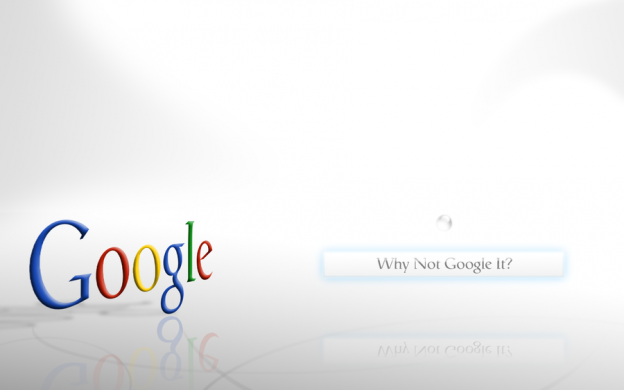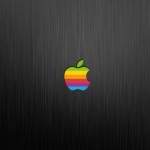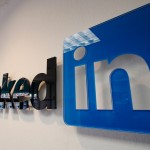If you are familiar with Google’s Chromebook, you’ll be aware that they do what they do ‘in the cloud’. If you’re unfamiliar with the term ‘cloud computing’, it’s actually only an extension of web services you already know. Think about how email or Facebook lets you use its storage, processing power and software from any location. This is a ‘public cloud’, because it is open to anyone with internet access.
As the number of different devices we use continues to spiral, cloud computing is becoming increasingly important. Both as individuals and businesses, we want to be able to share our data across devices, and to access film, social media, personal and work-related documents from wherever we are, and with whatever devices come to hand. Still, many remain skeptical suggesting that the cloud isn’t secure and that someone might hack their data or accidentally download a virus.
Perhaps they’re not aware that if you use a cloud device like a Chromebook, you no longer need security software. You can’t download anything onto these cloud-based machines, which means no viruses and other nasties. Some also question the reliability of cloud computing. After all, it makes sense to have all your programs and data on your own PC – why would you want to be dependent on some server in the middle of a Californian desert? What happens if you lose your connection and can’t access your data? But isn’t business and personal life increasingly dependent on the web anyway? Without internet access, we tend to find ourselves at a standstill. The way round the problem is to have a back-up by a wi-fi connection through your smartphone. Much of the scepticism surrounding cloud computing is overblown. It’s certainly not perfect, but it sure is useful!
The shift that started with mobile phones to smart phones has quickly moved to new devices like tablets. Smart TVs and gaming devices connected to the internet are becoming the norm and this year, it goes a step further with more and more household devices becoming smart including washing machines, ovens and even Google’s latest acquisition, Nest Labs’ Internet-connected thermostats and smoke detectors.
All these things are only smart because they’re linked into some cloud-based backend. Sceptics take note - every cloud has a silver-lining! Cloud computing is here to stay…








